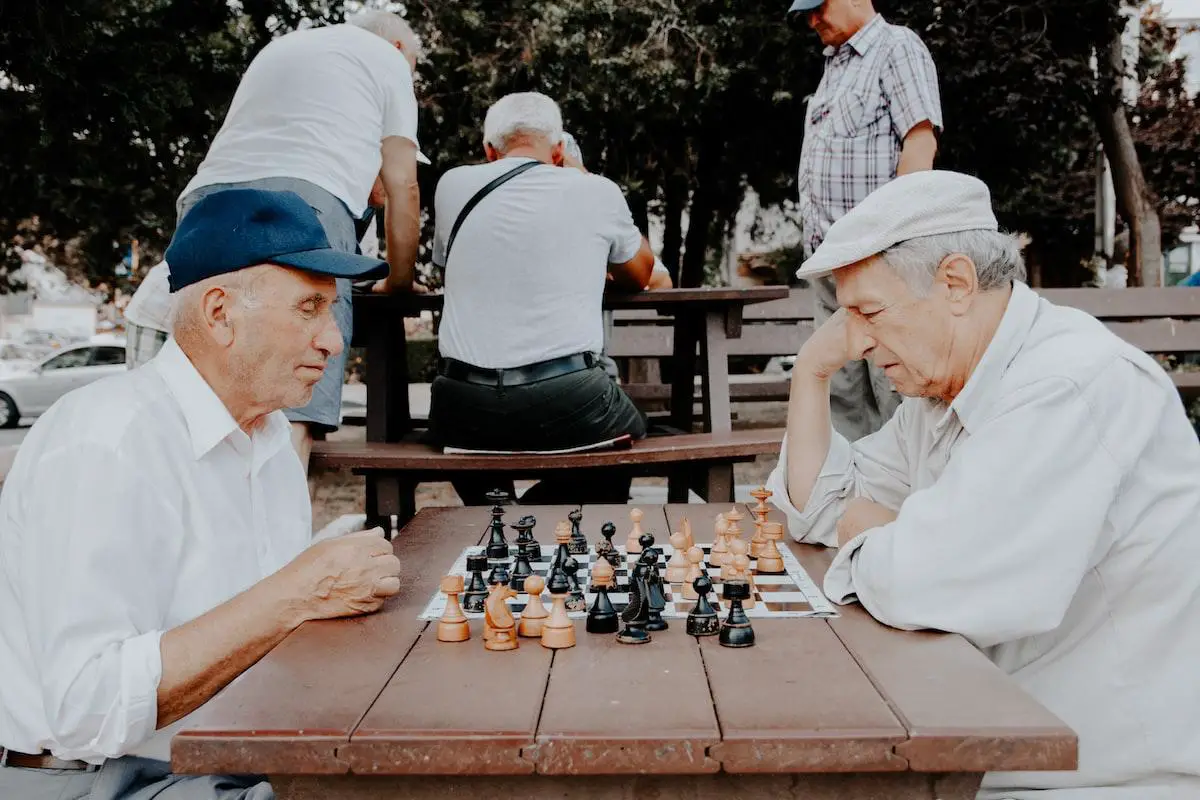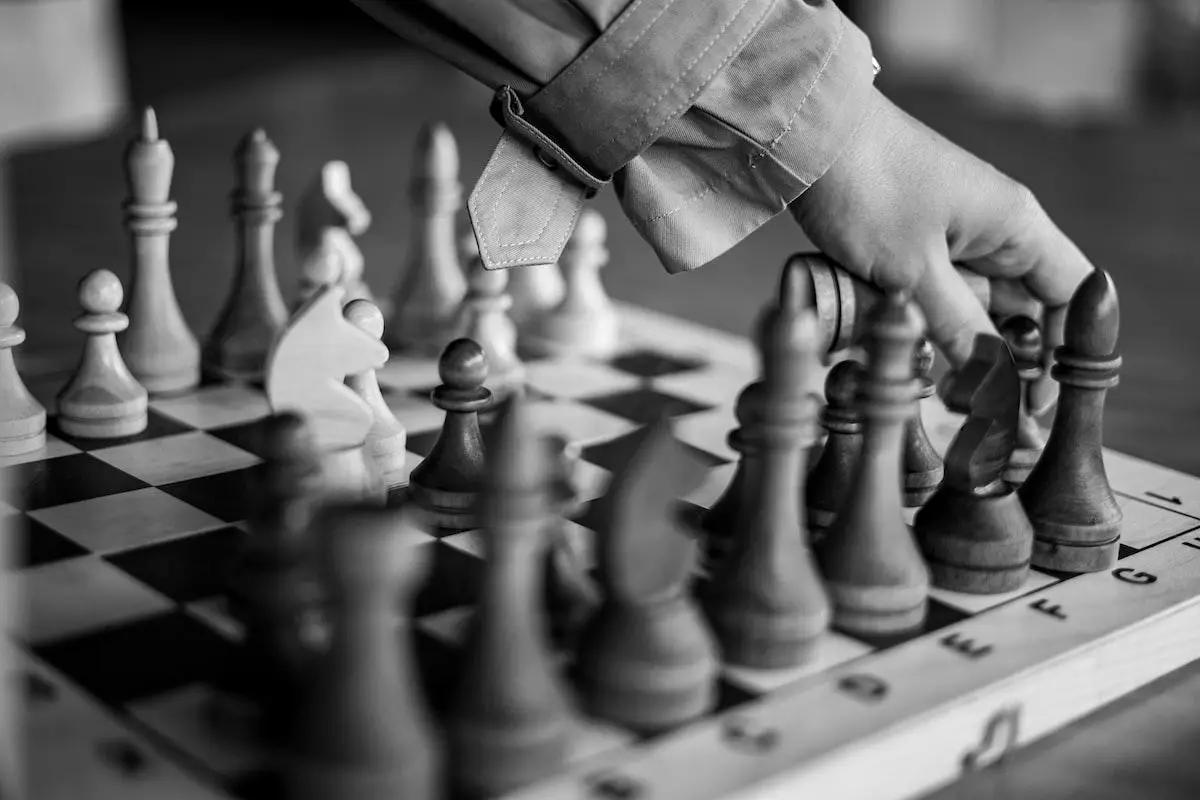Chess has been a beloved game for centuries, with roots that can be traced back to ancient India. Over the years, it has evolved and gained popularity around the world, becoming a fixture in homes, clubs, and competitions. However, one question remains: is chess a sport? The answer to this question is controversial and has been debated by players, coaches, and enthusiasts alike. On one side, arguments claim that chess players face significant physical and mental demands, have a competitive nature, and adhere to an organized structure and rules. On the other side, some argue that the lack of physical activity, low risk of injury, and emphasis on strategy over athleticism suggest that chess does not fit the typical definition of a sport. This debate raises critical questions about sports’ fundamental nature and what sets them apart from other activities.
Arguments For and Against Chess as a Sport

Those in favor of considering chess a sport argue that it requires a significant amount of physical and mental energy to play. While players may not be moving their bodies like in more traditional sports, they must continually engage their minds for several hours at a time, analyzing patterns, anticipating their opponent’s moves, and strategizing for their next move. A game of chess can last anywhere from 30 minutes to several hours, and during that time, players must remain focused and alert, exerting significant mental effort. Additionally, many top-level players have strict physical training regimens that aim to keep their minds and bodies in peak condition, further emphasizing chess’s physical demands. Another aspect that supports the argument for chess being a sport is its highly competitive nature. Tournaments and championships regularly take place around the world, with players earning national and international rankings that demonstrate their prowess. Finally, these competitions have an organized structure and standardized rules, overseen by international organizations recognized by the International Olympic Committee, further reinforcing chess’s claim to be considered a sport.
Physical and Competitive Nature of Chess

On the other hand, those who argue against considering chess a sport point out its lack of significant physical activity. As opposed to the notable physical exertion required of athletes in other sports, chess players remain seated for long periods, and their movements are limited to short hand and arm movements. The lack of physicality is often considered the defining feature of sports and plays a significant role in their popularity as a form of entertainment. Furthermore, the risk of injury in chess is minimal, with players primarily facing the risk of repetitive strain injuries. This stands in stark contrast to the physical risks involved in contact sports such as football or boxing. Finally, chess is often thought of as a game that emphasizes strategy, critical thinking, and logic, rather than the physical and athletic pursuits commonly associated with other sports.
While the debate on whether chess is a sport or not has been going on for some time, there remain arguments on both sides. Some argue that chess’s physical and mental demands, competitiveness, and structured rules position it as a sport, while others maintain that the activity’s minimal physical risk and focus on strategy suggest that chess falls outside of the traditional definition of a sport. However, it is essential to remember that the definition of sports and what activities get considered for sporting events is a continuing discussion of cultural and political evolution.
Comparison with Other Activities and Sports
Further discussion and analysis of the debate on whether chess is a sport reveals that comparisons with other activities and sports play a significant role in determining its place in society. When comparing chess with more physical sports like soccer or basketball, it is clear that chess requires much less physical exertion. In contrast, it may have similarities with other competitive activities like poker, bridge, or Scrabble, where mental agility is a crucial determinant of success. However, an important factor to consider is the role chess plays in sports culture. While it may not attract the same size of the audience or level of media attention as more traditional sports, it still attracts a passionate following and generates considerable interest and enthusiasm among its fans. Furthermore, chess players often participate in sports events and demonstrations, emphasizing their relationship with other athletes and sports enthusiasts. Ultimately, whether chess is considered a sport or not depends on how society views the concept of sports and what activities are included in this category.
Role of Chess in Sports Culture (35 characters)
In conclusion, the debate on whether chess is a sport or not is multifaceted and depends on the criteria used to define sports. While its physical and mental demands, competitiveness, and structured rules place it as a sport in some circles, its minimal physical risk and focus on strategy suggest otherwise. However, it is important to keep in mind that sports culture is continuously evolving, and what activities are recognized as sports may change over time. Ultimately, the question of whether chess is a sport or not is one that sparks vigorous discussions and inspires passionate opinions. What is without a doubt is that chess will continue to be a beloved game that challenges and engages players of all skill levels for years to come.
Quick Answers to Common Chess Debates
What is the history of chess?
Chess has been around for centuries, with its origins tracing back to ancient India. It eventually spread around the world and became a popular game in both homes and competitions.
What arguments support considering chess a sport?
Arguments in favor of considering chess a sport include its physical and mental demands, competitiveness, and organized structure and rules. Chess tournaments and championships also bolster its claim to be considered a sport, with players earning national and international rankings.
What arguments go against considering chess a sport?
Those who argue against considering chess a sport point out its lack of significant physical activity, low risk of injury, and emphasis on strategy over athleticism.
How does chess compare to other activities and sports?
Chess requires less physical activity than more traditional sports like soccer or basketball, making it easier to play for different age groups. However, it may have similarities with other competitive activities like poker or Scrabble, where mental agility is a crucial determinant of success.
What is the role of chess in sports culture?
While chess may not attract the same size of audience or level of media attention as more traditional sports, it still generates considerable interest and enthusiasm among its fans. Chess players often participate in sporting events and demonstrations, emphasizing their relationship with other athletes and sports enthusiasts.